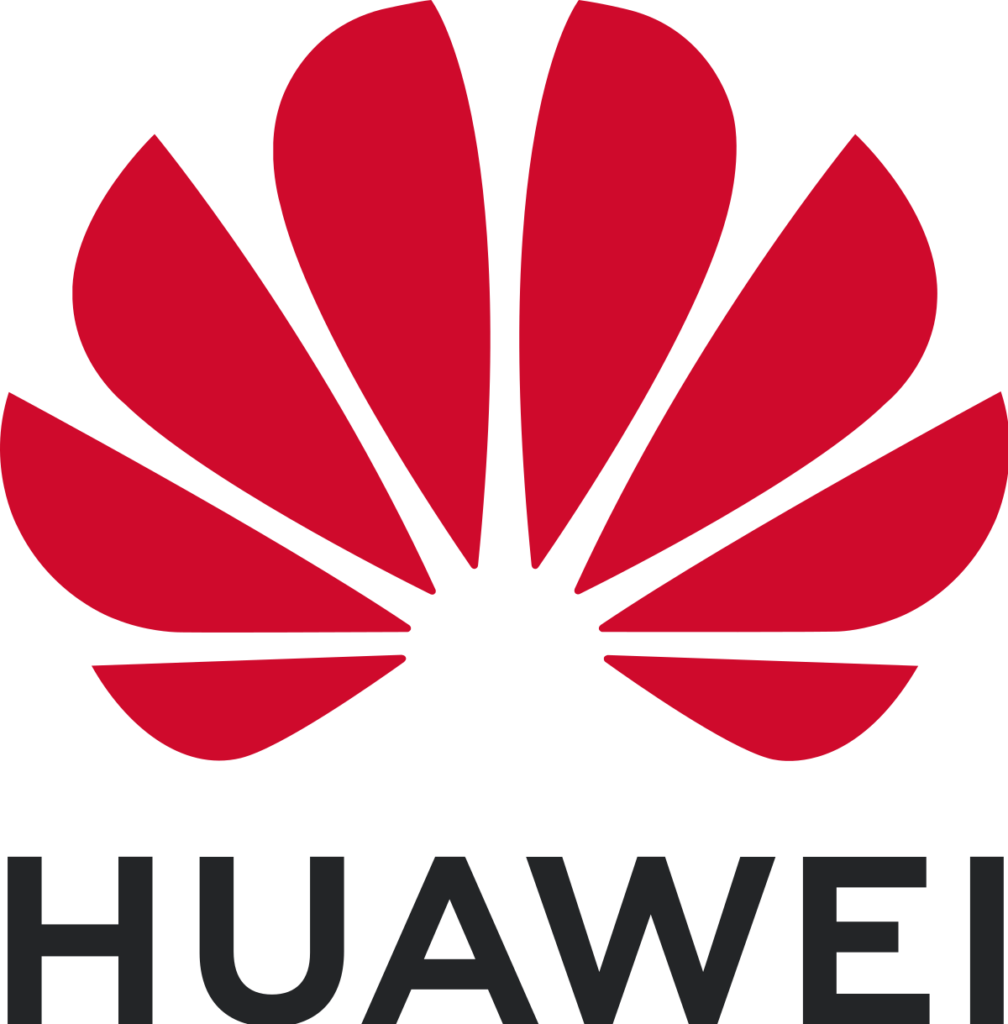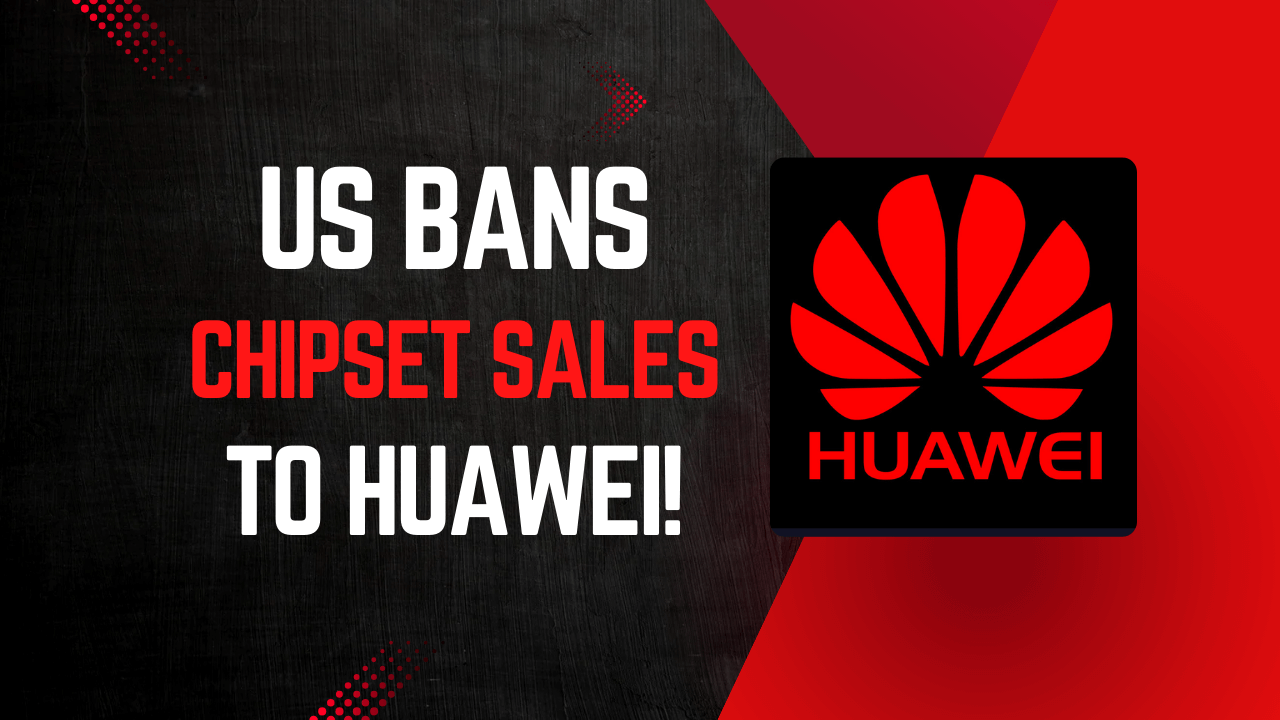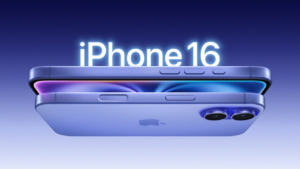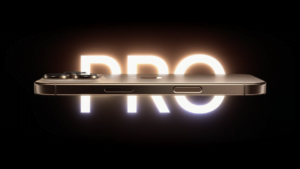The big news coming from the global technology market is the suspension of Qualcomm and Intel’s licenses to sell processors to Huawei or any Chinese-based company. This move comes after Huawei recently launched their latest AI-powered laptop, known as the “MateBook X Pro,” which is powered by the Intel Ultra 9. What is the reason behind this ban by the US government?
To know more, let’s take a dive deeper into the deteriorating relations between the US and China in almost every field.
Let’s go ahead!
Table of Contents
ToggleHuawei: Why Is The Company Not Liked By The US?

The US-Huawei debate is mostly focused on security concerns. The US government has pointed out certain issues in which Huawei, one of the biggest Chinese tech companies, could be pressured by the Chinese Communist Party (CCP) to spy on other countries through its tech products.
Here’s a breakdown of the main concerns of the US government:
- National Security: The US is concerned that Huawei’s telecom gear may have covert backdoors that permit eavesdropping by the Chinese government. Huawei disputes this, saying their goods are just as safe as those of their rivals.
- Intellectual Property Theft: According to US accusations, Huawei stole trade secrets from US businesses. Lawsuits and accusations have been made, but not always with convictions.
These are more than just espionage issues.
What worries the US is also:
- Chinese Dominance in 5G: 5G, the next generation of wireless communication and mobile internet, is a field in which Huawei is a pioneer and leads the market in South Asia. The US fears China is gaining too much control over this technology and infrastructure.
It’s important to note that the situation is very complex and needs more explanation and research for now. Some analysts argue that the US has legitimate security concerns along with a desire to contain China’s technological advancement. Huawei claims that their technology is safe and that the CCP is not a source of authority for the running and governance of their company.
US Suspends Qualcomm And Intel’s Licenses To Sell Processors To Huawei!
The US government has now tightened its restrictions even more on Huawei, a Chinese tech company that is already the subject of an active trading ban. Prior to this, Huawei was able to purchase specific chips from US companies like Intel and Qualcomm for use in laptops and phones. But the US Trade Department reports that those licenses are suspended as of May 7.
This action comes after US lawmakers expressed disapproval over Huawei’s use of US technology. These worries were increased by Huawei’s recent release of a laptop named “MateBook X Pro” with the latest Intel Ultra 9 processor. The Commerce Department acknowledged canceling some licenses connected to Huawei, but it would not identify which companies.
This is a huge blow to Huawei, which still relies on chips from Intel and Qualcomm. It could also hurt US companies that supply Huawei. For Intel, which is dealing with sluggish demand and a recent decline in its stock price, the timing is also not ideal.
The ongoing tension between the United States and China is the bigger picture here. 2019 saw the US blacklist Huawei due to concerns about eavesdropping, which made it difficult for Huawei to obtain US technology. This most recent action limits Huawei’s access even more and is probably interpreted as an attempt to impede China’s technological progress.
To Summarise
The US government has banned Qualcomm and Intel from selling chips and processors to Huawei and many other Chinese tech companies. This move comes after the launch of the “Matebook X Pro,” which is the latest laptop from Huawei with the latest Intel Ultra 9 processor. The ban has made things difficult for Huawei and they have to look for other alternatives to address the situation.
To read more global news updates, click here.
FAQs
Why did the US impose a ban on Qualcomm’s and Intel’s chip sales to Huawei?
The US is concerned that China may use Huawei technology for espionage.
What proof does the US possess against Huawei?
Despite the lack of hard evidence from the US, Huawei’s close ties to the Chinese government are cause for concern.
What impact will this have on Huawei?
Since Huawei depends on US chips, this ban will hinder their ability to manufacture laptops and phones.
How does this impact businesses in the US?
US chipmakers like Intel and Qualcomm may lose business to Huawei.
Does the US-China dispute involve more than just this issue?
Indeed, this is part of the ongoing trade and technological tensions between China and the US.







